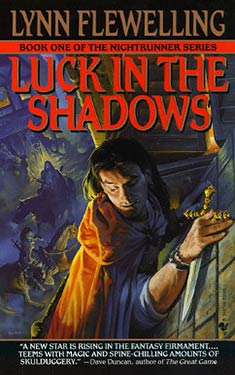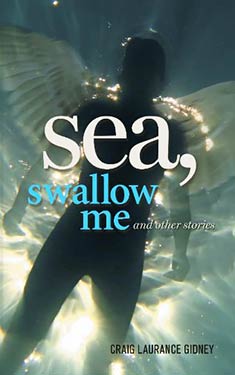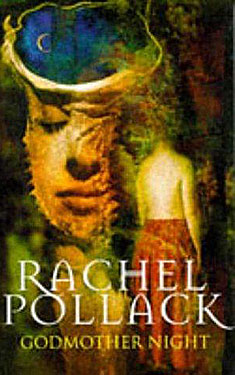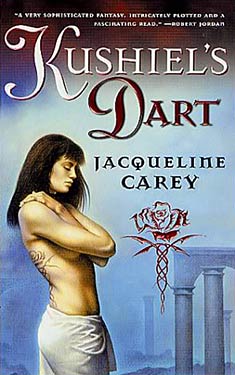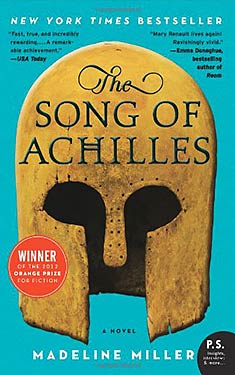Lynn Flewelling
Completed 6/30/2018, Reviewed 6/30/2018
3 stars
This is the first of a series of fantasy novels. Books three through seven in the series were
nominated for the Gaylactic Spectrum Award.
This book has only a few hints of the gay content that the later books
were acclaimed for. It is a good book in
its own right, weaving a tale of magic, mentorship, thieving, and spying. It has good world building and spends a lot
of time introducing the characters. It’s
a good, enjoyable book, but slow on the uptake.
The primary strength of the book is the world building. The countries, the gods, the queen and her
dynasty, and the elves all make for decent story telling. What it lacks is plot. What plot there is is basically an introduction
to the main characters. Alec is a sixteen-year-old
boy wrongly imprisoned for spying. His
cellmate helps him escape and sets him up as an apprentice. The cellmate, Seregil, is a bard, a thief,
and a spy, among other things. Seregil
mentors Alec, helping him become something other than the country bumpkin he
is. Together, they get involved in trying
to uncover a plot to overthrow the Queen.
Both Alec and Seregil are very likeable characters. Alec is quick, smart, and an excellent
bowman, even though he can’t read.
Seregil is wonderfully mysterious, full of surprises that are slowly
revealed as he reveals himself to Alec. He is continually much more than he
seems. He has a quick wit that adds
humor to the story. He mentors Alec in his
crafts, giving the boy a purpose in life.
There are several other characters that receive a lot of
attention. Micum is Seregil’s friend and
part-time cohort. At one point in their
past, Seregil fell in love with Micum, although the latter chose to marry a
woman instead. Nysander is also Seregil’s
friend and former mentor. He’s a wizened
wizard who has close ties to the Queen’s court.
He is kind of a Gandalf-ish sort of character who also has a sense of humor. Micum and Nysander also help in mentoring
Alec a little, each taking him under their wing at various times.
One thing that is very interesting about the book is that
the author lets women have strong roles.
Specifically, women get to be soldiers.
Also, the royalty is matrilineal.
The land is ruled by the Queen, and upon her death, the eldest daughter
takes the throne. Thus, there are
numerous women showing up as supporting characters in the novel. So it’s not just a sausage fest of the four male
main characters. And I have to say that most
of the characters are very multi-dimensional.
You get the sense that they are real
people.
The book is good, but it’s a slow burn. There are several subplots running through
the story and only one of them has much resolution. The rest are all setups for the remainder of
the series. At times I didn’t mind it
because it allowed for good character development, but it also dragged in the
second half. I give this book three
stars out of five.
